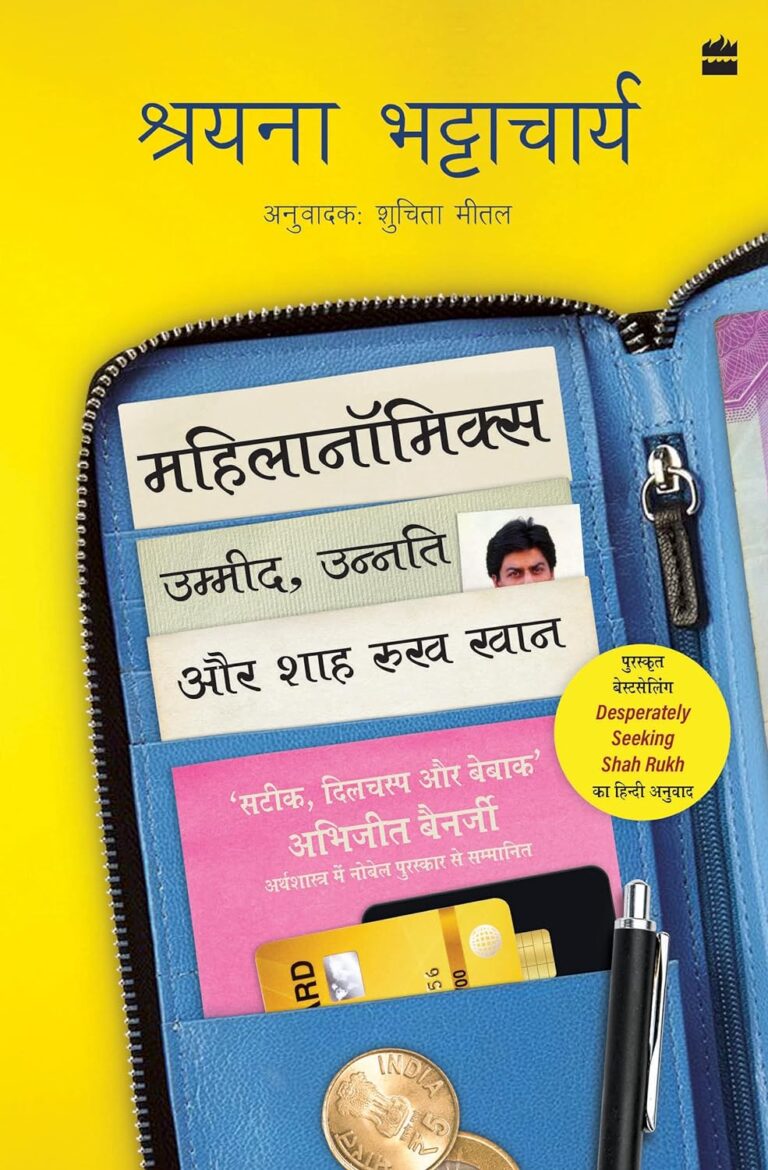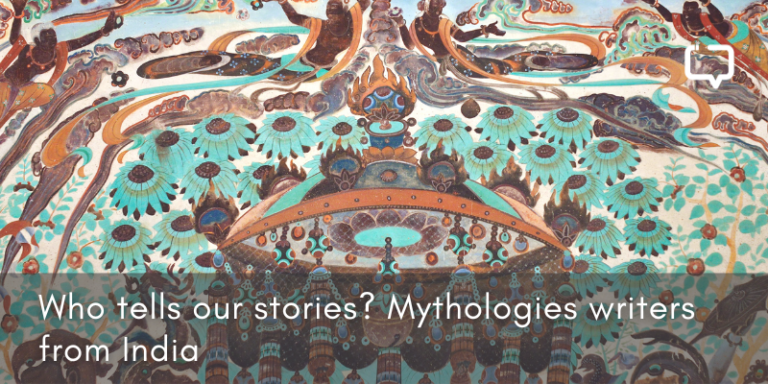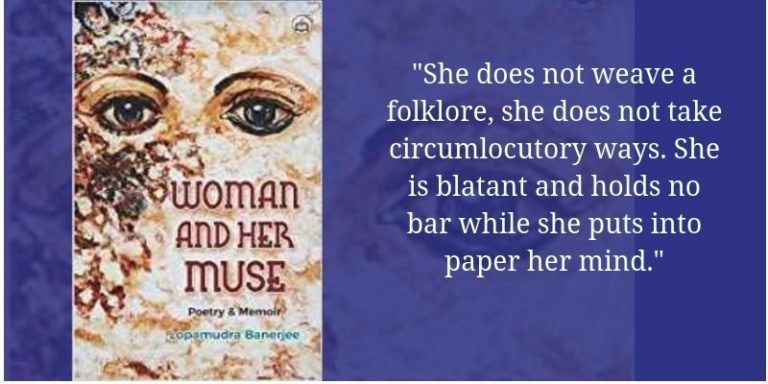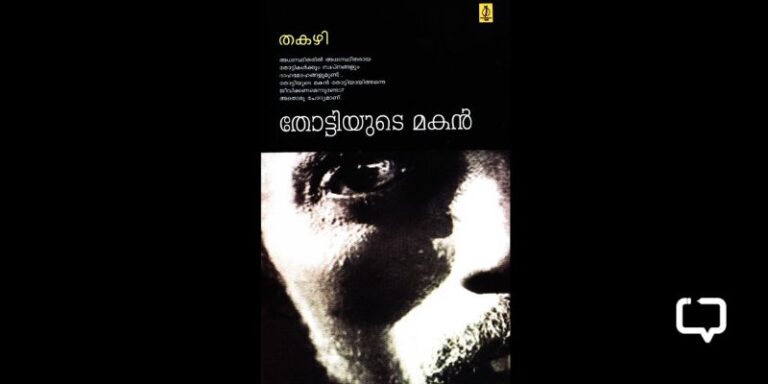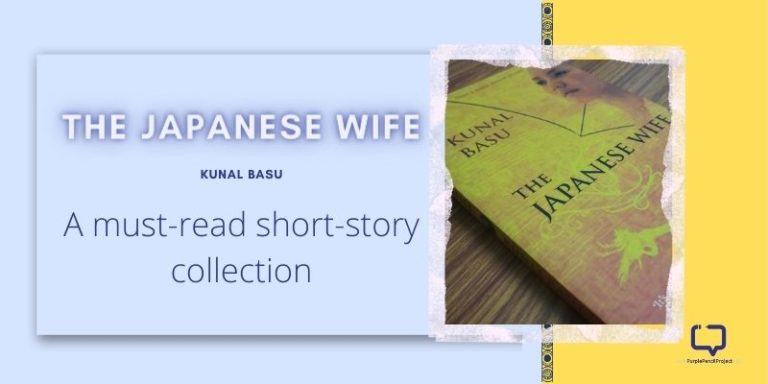Rahul Vishnoi reviews Under the Night Jasmine by Manav Kaul, translated by Vaibhav Sharma (published by Penguin eBury Press, 2024).
Manav Kaul and Vaibhav Sharma bring a tale loosely tied together in knots of self-doubt, lost love, invading memories, darkness of mind, fickle times and shades of magical realism. It’s a hard book to write, translate, and even read, provided you are the one who likes to pop every word into your mouth to chew it carefully until it breaks under your teeth and dissolves to bring the taste (you desire) to your reading palate. If I were to pick a line representing the story, it would be:
Can you solve the problems of your life in your own stories? Writing is like an apology to those who we know will never forgive us.
– Manav Kaul
The COVID Lockdown as a Setting
Under the Night Jasmine by Manav Kaul takes you back to the chaotic, cruel, what-do-I-do world of COVID lockdown. Rohit is a script consultant and a poet with two books to his credit. Now trapped in his home because of the COVID lockdown, his entire world has come to a standstill. He is slowly losing himself, his sanity being distilled repeatedly by time and trauma into something hard and gritty, a stone left in a shoe or maybe a cruel word or an unkind memory being too vagabond by crossing the time barriers.
Characters and Relationships in Manav Kaul’s Novel
In a novel of few characters but ample thoughts, Manav Kaul folds his fictional people into many layers- the person they are and what they become when touched upon by memories and stirred by time. Rohit, in his daily walks in the apartment complex where he lives, meets Pawan who accosts him daily but Rohit doesn’t want to indulge him. That’s the dilemma of an introvert: if you say hi to someone once, you are obliged to do that every day, so better avoid it and turn your head away.
Recommended Reading: Gayatri Gill’s Lockdown Stories: A Bittersweet Collection
But Pawan is persistent in his approach as Rohit is in his avoidance. Then there’s Antima, the enigmatic girl who has a past with Rohit. She’s now seeing someone else (a guy from Delhi, tells the author) but the repeated encounters between the two hints at the residue of love that still lingers and floats to the surface from time to time.
Psychological and Emotional Depth in Manav Kaul’s Novel
It is difficult to ascertain whether the lockdown pulled the fibres of insanity from Rohit or it was always there, embers waiting to be fanned into a flame. It won’t be wrong to call Under the Night Jasmine a psychological thriller but it’s not just that. It’s a peek into what you become when you nurse a trauma so deep in your stomach that when it bubbles out of your being, it threatens to overtake your sanity and soul. And Rohit has many.
Rohit lost his home early in the childhood. His parents fled from Kashmir and settled in a safer place. His father comments that since Kashmir is heaven, the entire country will have to suffer as they made Kashmir suffer.
The Blurring of Realities and Magical Realism
Rohit wants to write poetry but during the process, he ends up writing a story, a story of his own life. He wants to write stuff that’s ‘simple, straight and normal’. A character duly warns him:
Then write fairy tales. If you decide to write about the sunflower, you will have to record its death as well.
– Manav Kaul
The problem arises when the ink starts to bleed into the blood. What’s real and what’s imagined? Rohit can’t decide.
His life begins to blur into corners that invade his story. Or is the story making its way into his life and mind? He is unable to ascertain if an incident is going to happen in his real life or in the story he’s writing. Sometimes he’s unable to decide if he really met a person last night or if he met them in his story. The book can induce anxiety and it’s better to read it in parts than in one go.
Magical realism makes up for a nice little angel wing for the story, tucked neatly at the back but rearing its head now and then. Rohit spotting a deer at the places where you absolutely can’t, brings a smile to your face and a flutter of anxiety in your heart, thereby achieving the dual purpose of magical realism. And I have never come across equating kissing someone with picking the petals that appear on their lips. Kudos for making a kiss even more glamorous, Mr Kaul.
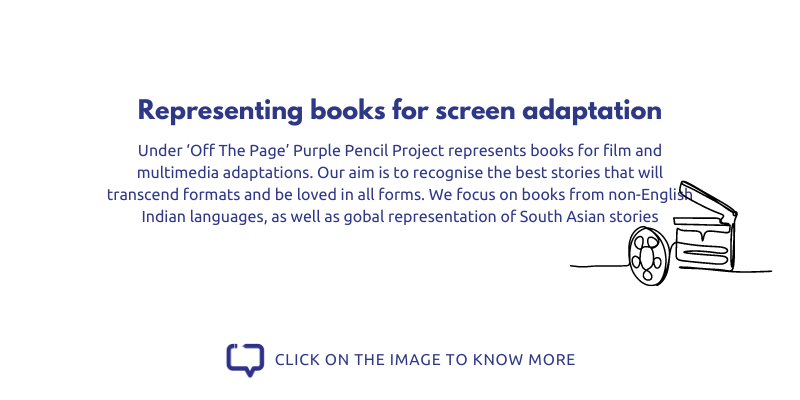
Read some of it here (or maybe skip it if you want to experience it organically in the story):
He saw yellow and orange flowers floating around on his lips. He came close to the petals and slowly started to pick them with his lips. He could feel the softness of each and every petal. The petals dissolved in his mouth like lumps of sugar the moment they touched his lips. The more petals he touched, the more flowers he could see emerging from Dushyant’s mouth. The colours and the fragrance of these flowers were so intoxicating, his eyes were closing.
– Manav Kaul
The book asks many questions, some of which hint at the difficult time Rohit is going through. He feels himself teetering on an edge almost all the time:
In my tiring everyday life, I could feel something was about to unfold.
– Manav Kaul
Under the Night Jasmine also brings back the memories of lockdown. The characters are afraid to hug and touch each other. One characters warns another to not touch even a single person because you never know with how many he has been in contact.
The moment they hugged, my mind was filled with the virus and ways to avoid it.
– Manav Kaul
The story deals with many themes, searching for and finding your sexuality being one. The love stories that run through the book are little problematic because altogether the protagonist is a minor, the objects of his affection not so much. Kaul has tried to take the edge of this glaring age gap by suffusing the story with anecdotes of rooftop hopping and chai drinking and dismissing it as a flutter of adolescence.
Translation and Conclusion
The story earns a major twist at the end, a natural and fitting conclusion. The story further fans Rohit’s delirium, giving him a new piece to bite into, to lose himself some more.
Last but not least, let’s finish with a note on translation. Vaibhav Sharma’s achievement in translating this book is that it doesn’t feel like a translation. That’s the hardest thing about being a translator: if your work is invisible, it’s deemed the best. Sharma has smoothly tamed the beast, successfully domesticating it for the reader’s benefit while preserving and petting its soul. It feels as if the book were written in English and not Hindi.
Favourite Quotes from Under the Night Jasmine by Manav Kaul
The people who get attracted to you are like you and not like the person you want.
I’m taken aback, I don’t know it anymore
It’s a deer now, clad in a saree, with a deep navel I want to touch it
The nearer I go, the more it changes I feel myself soaking through
And in between all the changes, I see life I try my best to touch it,
When suddenly glass shatters all around me.















